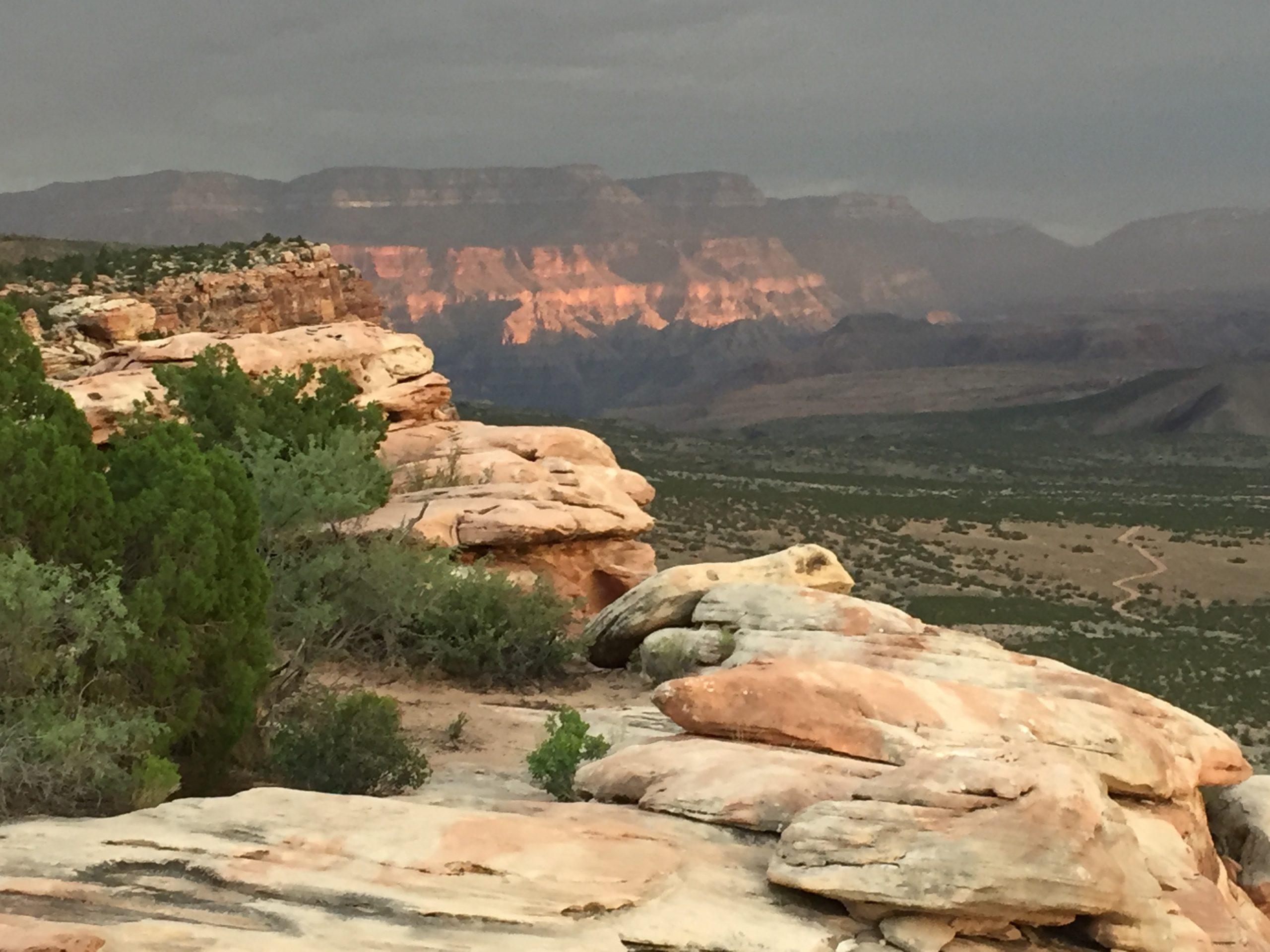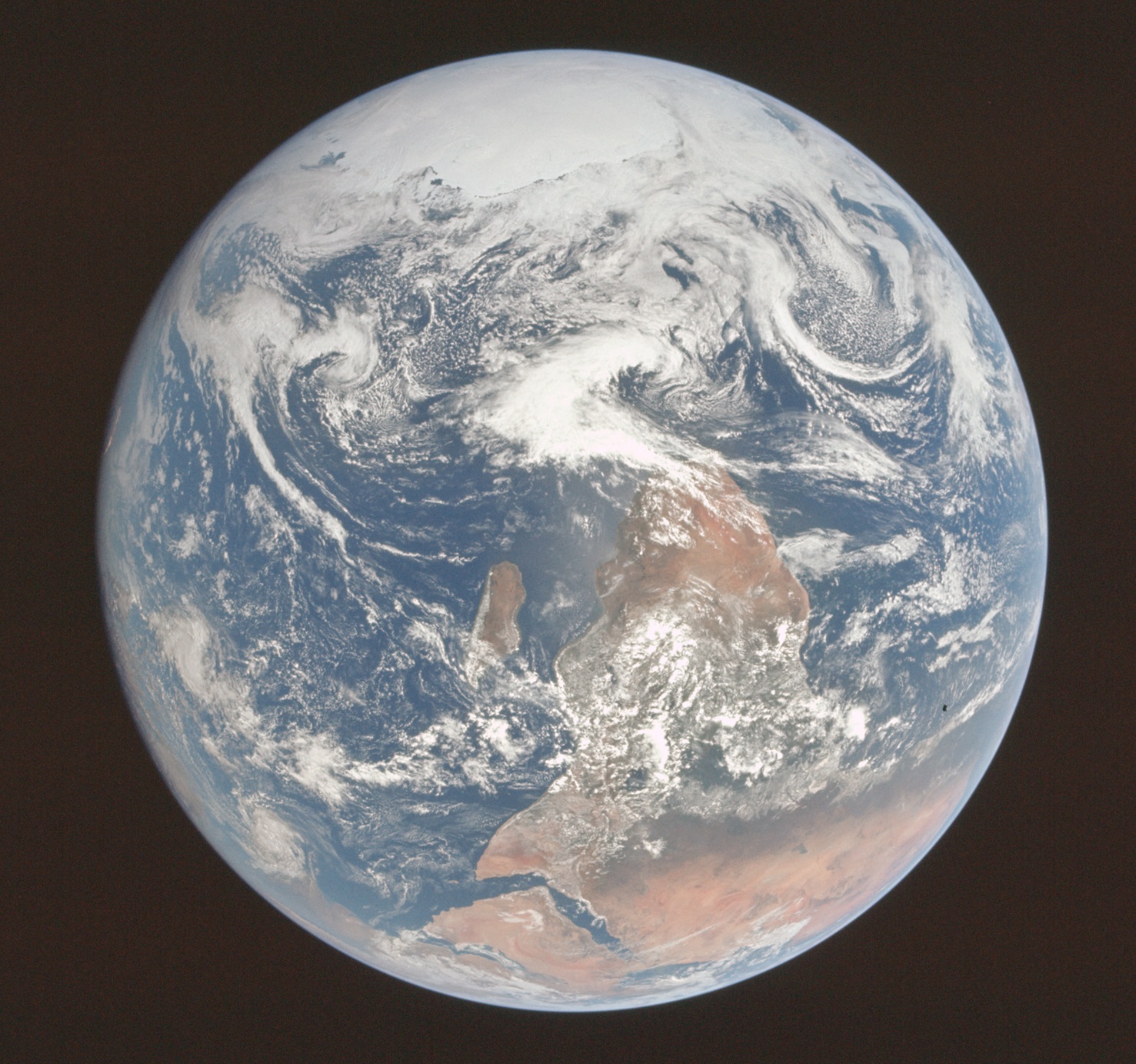Hi, everyone!
Sitting at our breakfast table and looking out the window at our backyard, watching the robins hopping around our silver maple doing their thing, I am reminded of that old saying, “The early bird catches the worm.” Well, it’s time to remind you all to be early birds and submit your proposals for the 2024 Origins Conference. The deadline for submissions is March 31 and the instructions for writing your proposals are at this link.
You’ll be getting something a lot better than robins get. You’ll be getting the opportunity—subject to editorial board review—to present your ideas to the creation community gathered for the 2024 Origins Conference. And subsequently, the possibility that, after your papers have been peer-reviewed, to have them published in the Journal of the Creation Theology Society 3.
So, what are you waiting for? There’s room for only so many presentations at the conference. So, be that early bird and get your proposal in!
Dr. Boyd
Steven W. Boyd, M.S., Th.M., M.Phil., Ph.D.
Executive Editor of the Creation Theology Society;
Research Professor of Old Testament and Semitic Languages;
Director of the Cataclysm Chronology Research Group



